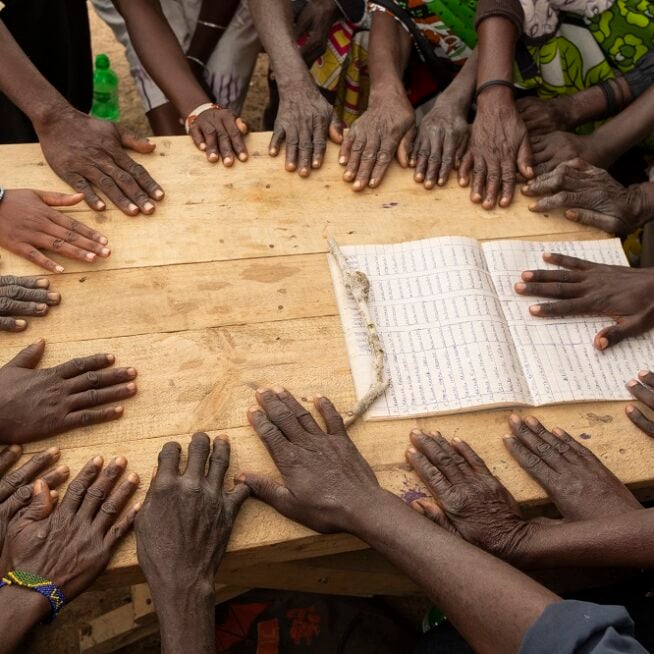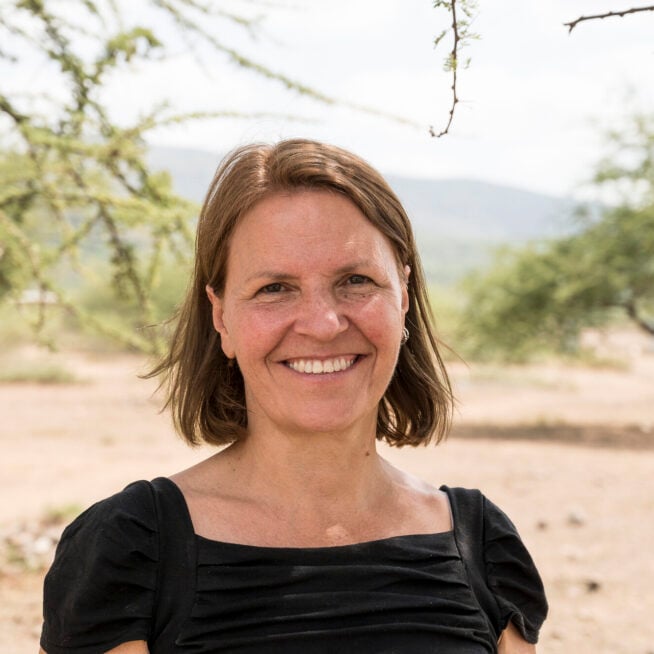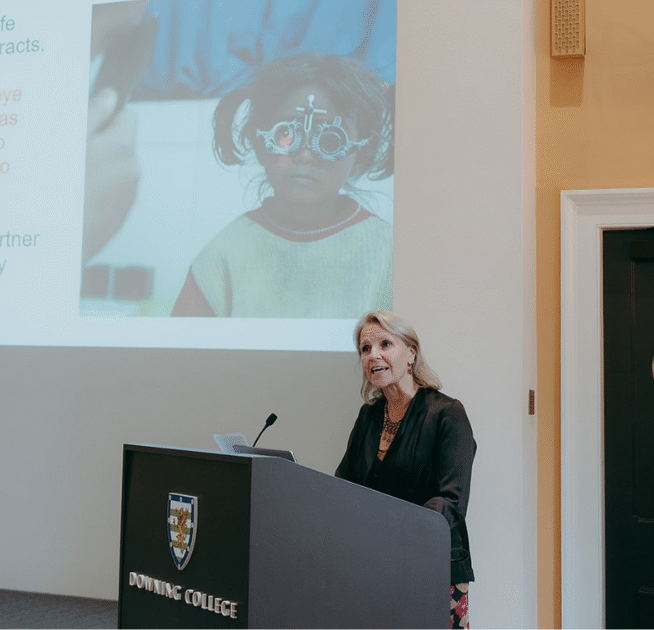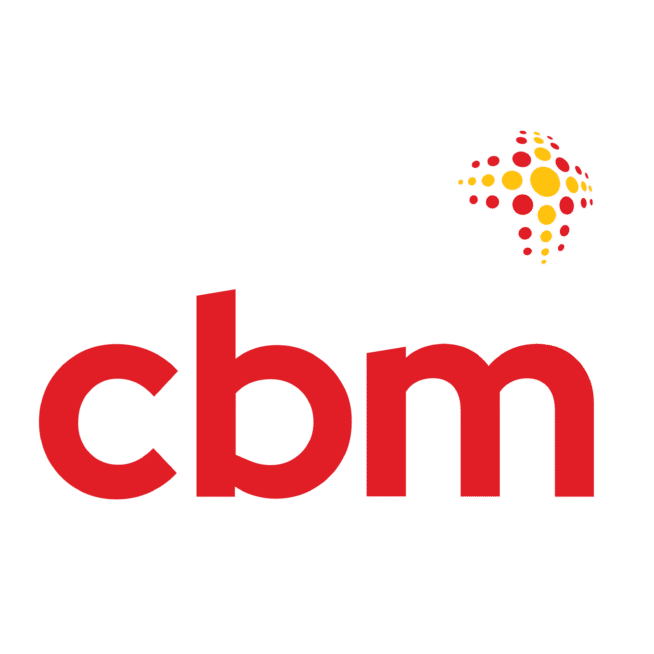Want to transform lives with us? Stay in touch and hear about our news, activities and appeals by email!
CBM Global delivers statement to COSP General Assembly
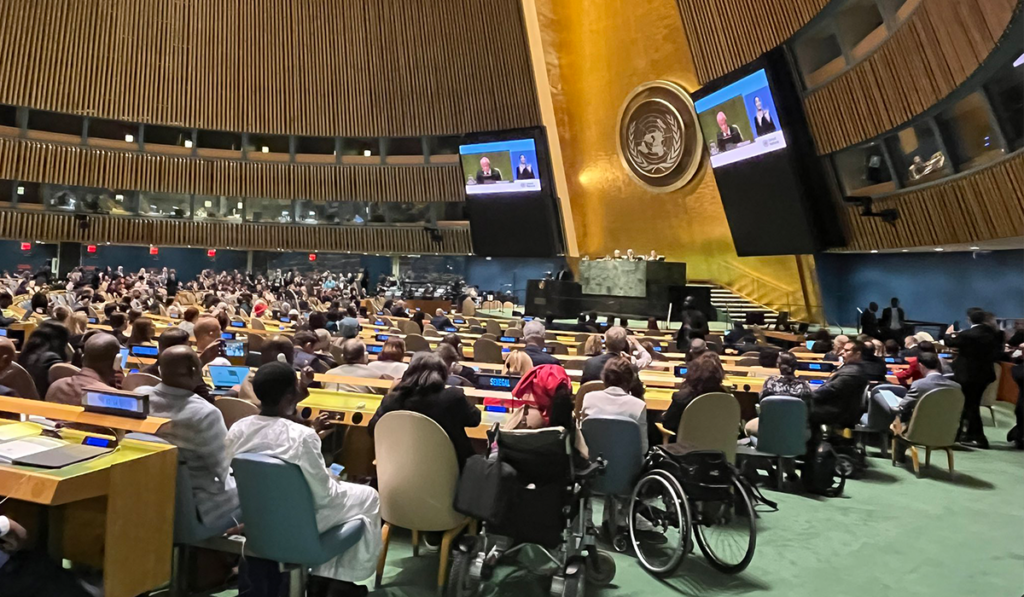
CBM representatives and partners are joining governments and disability groups at the United Nations Headquarters in New York this week for the 16th session of the Conference of States Parties to the Convention on the Rights of Persons with Disabilities (COSP). Today, 14 June, CBM delivered a statement to the General Assembly.
COSP is an annual opportunity for States which have signed the United Nations Convention on the Rights of Persons with Disabilities to report back on relevant activities and progress towards promoting the human rights of people with disabilities. The overarching theme of COSP this year is “Harmonizing national policies and strategies with the CRPD: achievements and challenges”. The conference covers three subthemes:
- Ensuring equal access to and accessibility of sexual and reproductive health services for persons with disabilities
- Digital accessibility for persons with disabilities
- Reaching the under-represented groups of persons with disabilities
CBM Global, represented by Mary Keogh (Advocacy Director) and Danny Haddad (Inclusive Eye Health & Neglected Tropical Diseases Director), and Elizabeth Lockwood (CBM Representative at the United Nations), gave the following statement to the General Assembly today:
“Leaving no one behind through the implementation of the Convention on the Rights of Persons with Disabilities (CRPD), the 2030 Agenda for Sustainable Development, the Sendai Framework for Disaster Risk Reduction, the Paris Agreement and the Inter Agency Standing Committee (IASC) guidelines are at the core of CBM Global Disability Inclusion. We are an international disability organisation with a development and humanitarian mandate working toward an inclusive world in which all persons with disabilities enjoy their human rights and achieve their full potential.
Working with Organisations of Persons with Disabilities (OPDs) is at the heart of our work and we are committed to shifting power to OPDs in the countries we work in. To achieve this, we began with a listening exercise with our OPD partners that helped shape our Global Disability Summit commitments on OPD engagement. Some examples to shift power include supporting the establishment of the National Association of Persons with Psychosocial Disabilities in Zimbabwe, developing a new project in Nepal addressing caste-based discrimination for persons with disabilities, also working with self-advocates in Nepal, engaging with the Association of Intellectual and Developmental Disabilities in Nigeria, supporting research with the World Federation of the Deaf on deaf women in Nigeria and working with people with albinism in Madagascar who face terrible violence in their daily lives.
CBM Global advocacy priorities include climate justice, access to health and community-based services, humanitarian action, and strengthening disability data. Our advocacy is carried out in partnership with OPDs at global, regional, national, and sub-national levels. Our data advocacy efforts are done in authentic partnership with organisations of persons with disabilities since OPDs must be included and represented in all stages of data design, collection, analysis, and use. For example, we are supporting our partners Las Pinas Persons with Disability Federation, Inc. (LPPWDFI) and Women with Disabilities Leap for Economic and Social Progress (WOWLEAP) who are leading OPD citizen-generated data collection at the local level in the Philippines.
Linked to this, we support the recognition of citizen-generated data produced by OPDs to fill data gaps and complement official statistics, particularly in the monitoring of the Sustainable Development Goals and the CRPD. Also, we produce resources in partnership with OPDs and United Nations agencies, including the disability data advocacy toolkit and newly launched disability data workshop for OPDs.
With respect to our work towards a climate just world, we work in countries that are affected significantly by climate change yet have contributed the least to the climate crisis. We know from OPD research, for example by the Pacific Disability Forum, that persons with disabilities are negatively impacted by the changing climate and that policies to adapt to and mitigate climate change must be disability inclusive and recognise and respond to the physical, economic and wellbeing consequences.
Accessibility is a precondition for inclusion, and we work in partnership with OPDs on accessibility actions such as with the World Blind Union on building a cohort of OPDs who can lead on accessibility. We also work with the Stakeholder Group Persons with Disabilities and the Department for General Assembly and Conference Management on ensuring and strengthening accessibility at the United Nations.
In conclusion, the CRPD and its evolution over the last 16 years have seen important improvements and we must celebrate the progress. There is still, however, work to be done and OPDs need to be at the heart of this.”
Learn more about the 16th Session of the Conference of States Parties to the CRPD [opens in new tab]

